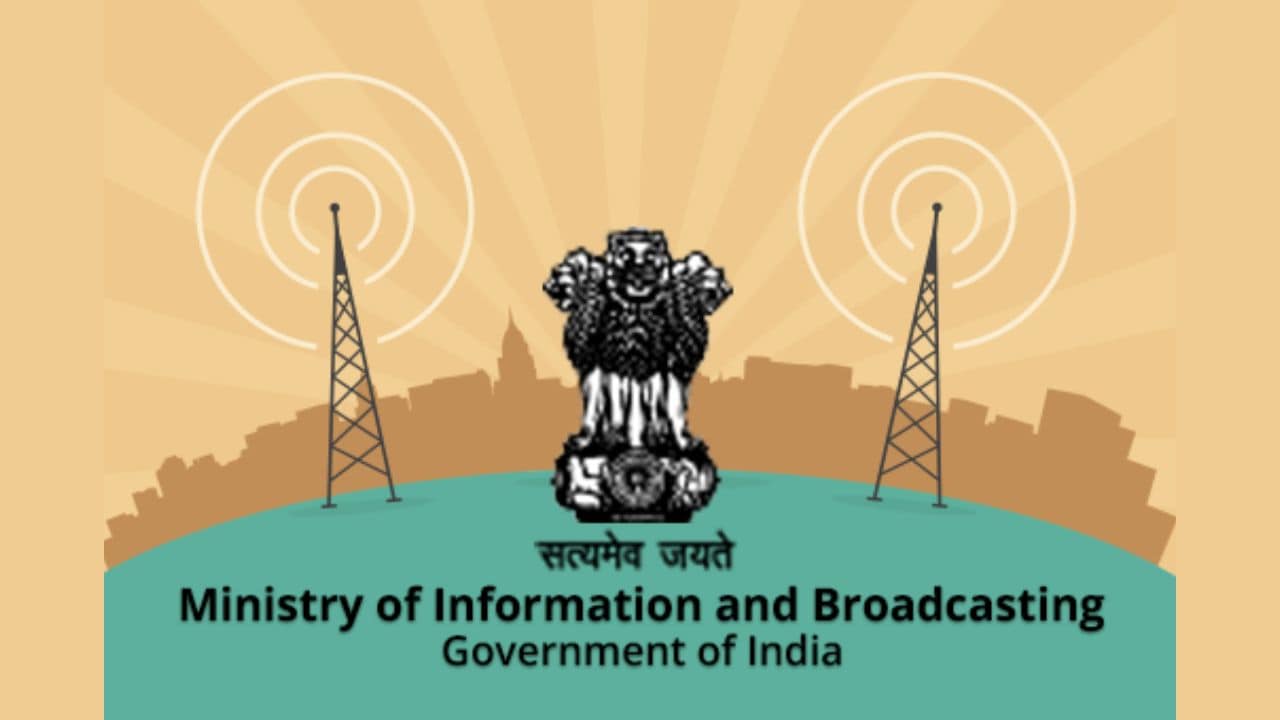The Parliamentary Standing Committee on Communications and Information Technology has invited three industry bodies—the Central Board of Film Certification (CBFC), the Indian Motion Picture Producers’ Association (IMPPA), and the Motion Picture Association (MPA)—to discuss issues surrounding OTT content. However, OTT platforms have not been invited to share their perspectives on content censorship.
The committee, chaired by Lok Sabha member Nishikant Dubey, is set to deliberate on the topic, “Emergence of OTT Platforms and Related Issues,” on November 20. Sources familiar with the matter have expressed concerns about the government’s stance on regulating OTT content.
A source close to the development stated “On one hand, the government via Ministry of Information and Broadcasting is organizing global event like WAVES, which is primarily aimed to showcase India’s M&E industry in general and the OTT industry in particular is on the other hand, making efforts to censor OTT content will be seen as a significant contradiction by the government”.
A stakeholder working closely with the government, stated that the CBFC is expected to highlight during the Parliamentary Committee meeting that it lacks government authorization to censor OTT platforms. Meanwhile, the Motion Picture Association is likely to advocate against censorship of OTT platforms, citing global standards. Interestingly, the Indian Motion Picture Producers’ Association (IMPPA) is the only industry body that will push for OTT content to be regulated in the same way as films.
OTT platforms have strongly opposed content censorship, arguing that new regulations in this rapidly growing sector could hinder progress and deter investment. An OTT platform representative, speaking anonymously, commented, “Regulations designed for traditional media cannot be applied to OTT, which is a new-age, online curated content medium. Investments in local original content have grown exponentially, with over 50% of entertainment spending going toward pay TV, excluding movies and sports.”
The stakeholders also noted that telecom operators have greatly benefited from the industry, as OTT content drives over 70% of data traffic. OTT platforms emphasize that their content is accessed by subscriber choice, unlike broadcast content, which is actively pushed to audiences.
According to VODLIX report, globally, the OTT market is on a steep upward trajectory. By 2027, OTT earnings are expected to exceed $476 billion. The U.S. is leading this charge with projected revenues reaching $126.5 billion in 2023 alone. Meanwhile, India’s OTT market is set to grow from $3.67 billion in 2023 to $5.25 billion by 2027, underscoring the global appeal and expansion of OTT services.
Another OTT player noted that government is deliberately trying to regulate OTT platforms which is still in its nascent stage. “The government’s aspiration to become a global leader could be undermined by such regressive policies. OTT platforms are key vehicles for promoting Indian culture and creativity on global stages.”
A spokesperson for an OTT platform added, “OTT platforms are already self-regulated, with strict parental control guidelines and content tailored to meet these standards. Additional regulations would complicate business operations and hinder the sector’s growth.”
Recently, the Minister for Electronics and Information Technology, Ashwini Vaishnaw, responded to Parliamentarian Arun Govil by stating that under the Information Technology (Intermediary Guidelines and Digital Media Ethics Code) Rules, 2021, streaming platforms are prohibited from transmitting illegal content. They are also required to classify content for appropriate age groups and implement age-gating mechanisms to prevent children from accessing inappropriate content.
In a written response, the minister revealed that the government had blocked 18 streaming platforms in March 2024 for “publishing obscene and vulgar content” under Section 79(3)(b) of the Information Technology Act. Additionally, the Ministry of Information and Broadcasting (MIB) blocked 19 websites, 10 apps, and 57 social media accounts for violating Section 4 of the Indecent Representation of Women (Prohibition) Act, 1986; Section 292 of the Indian Penal Code (sale of obscene books, etc.); and Sections 67 and 67A of the Information Technology Act.
